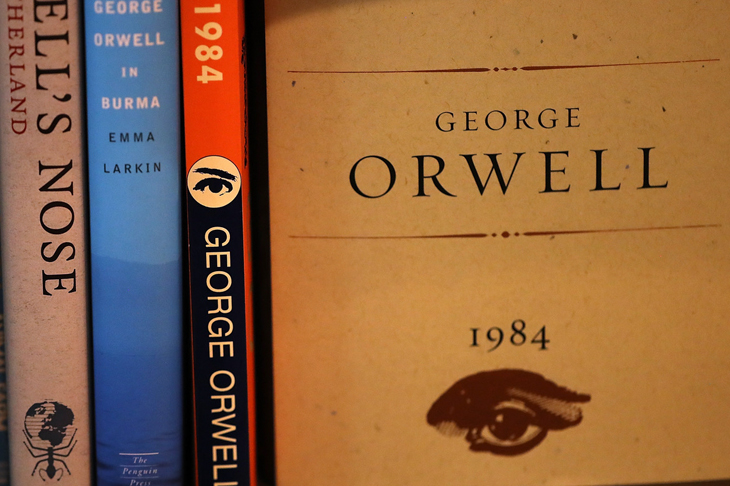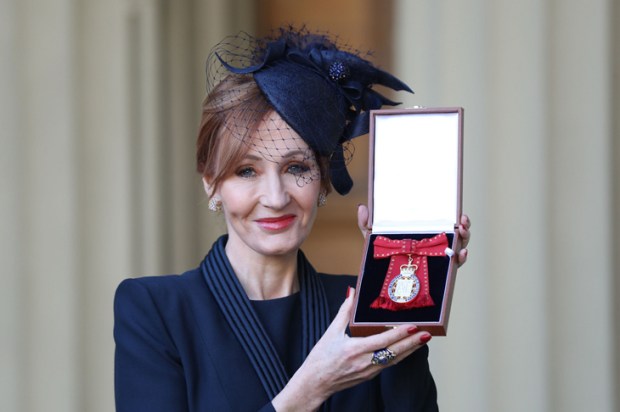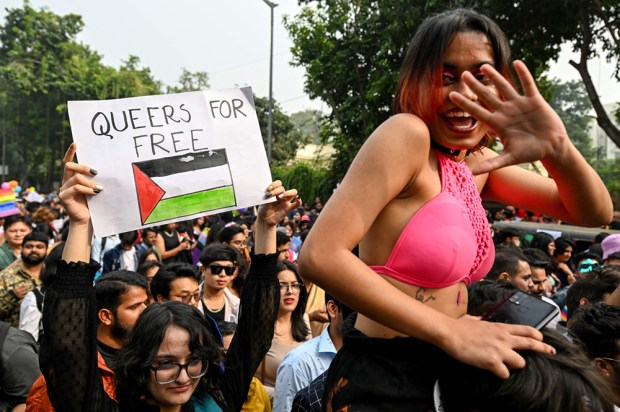There is an obsession today with something called ‘diversity and inclusion’. But what do those words really mean? And are they being used correctly? Clearly ‘inclusion’ is built from the verb ‘to include’ so that’s where we begin. This verb came into English from an Anglo-Norman source word, behind which lies a bit of classical Latin. Interestingly the Latin expression contains the notion of a ‘fence’ – of being inside or outside the fence. This word group draws a line, a limit (a ‘fence’) and if you are ‘included’ you are inside and if you are ‘excluded’ you are outside. The ‘inclusion’ jargon word is being used to mean ‘drawing the line wider’ or ‘making the fence bigger’ to bring in people who were previously excluded. But is that how it’s working? In practice the pursuit of ‘inclusion’ is resulting in ‘exclusion’. Rather than the ‘fence’ (the boundary line) being made larger to bring in more kinds of people, it is being made smaller to exclude others. This is done by means of quotas – in which people are slotted into categories and their inclusion (or exclusion) depends on their category. If there is a quota set for the number of women on the board of a corporation when a vacancy occurs all male candidates will be excluded from consideration. And this exclusion will be called ‘inclusion’. In George Orwell’s classic novel Nineteen Eighty-Four there is a perpetual war being waged by a government department called the Ministry of Peace – so that ‘peace’ is used to mean ‘war’. In the same Orwellian way, ‘exclusion’ is now being called ‘inclusion’.
‘Diversity’ is an even more difficult word, since ‘diversity’ means ‘difference’. When the diversity advocates talk about ‘differences’ they often mean ‘different coloured skin’. But when you look deeper (beneath the skin) most institutions don’t want significant differences (or ‘diversity’): they don’t really want some qualified and competent staff and some who are completely unqualified and totally incompetent. Which is what ‘diversity’ that is more than skin deep would give us – or would, in a world where English was being used correctly. George Orwell would look at this use of ‘diversity and inclusion’ and tell us we have achieved the nightmare he only dreamed about!
Have you heard of the ‘doom-loop’ that can capture public life? I’ve spent many years working in radio, so I’m familiar with a ‘feedback loop’. That’s when an audio output signal feeds back into the input. You hear it in public halls when the microphone at the front picks up the output from the speakers and an echoing howl results. That’s a ‘feedback loop’ – and ‘doom-loop’ is quite similar. It’s when signals of doom, gloom and despair get picked up and fed back to their original source, which then takes the feedback as confirmation and does doom, gloom and despair even louder. It is the ‘doom-loop’ phenomenon that explains the hysterical panic displayed by our political leaders during the Covid pandemic.
A 97-page review of Australia’s Covid panic entitled Fault Lines was recently released. It says what we already knew: that locking down people at no serious risk of Covid infection caused massive economic, psychological and emotional damage (including job losses and bankruptcy), that people have died because they did not take early symptoms of cancer or heart disease to their doctor (terrified into not leaving their homes) and children locked out of school, away from friends and face-to-face learning, still bear the scars. Then there was the hysterical, panic-stricken decisions to close borders (as if Australia were not a single nation). The explanation for all of this, it now seems, is the impact of a ‘doom-loop’. Is there a cure for the echoing howl of the ‘doom-loop’?
Yes, in this famous quote from G.K. Chesterton: ‘I keep trying to be grim and gloomy. But it doesn’t work. Optimism keeps breaking through’. ‘Doom-loop’ is not yet found in any of the major dictionaries (but it’s only a matter of time!).
Got something to add? Join the discussion and comment below.
Get 10 issues for just $10
Subscribe to The Spectator Australia today for the next 10 magazine issues, plus full online access, for just $10.
Contact Kel at ozwords.com.au
You might disagree with half of it, but you’ll enjoy reading all of it. Try your first month for free, then just $2 a week for the remainder of your first year.














Comments
Don't miss out
Join the conversation with other Spectator Australia readers. Subscribe to leave a comment.
SUBSCRIBEAlready a subscriber? Log in